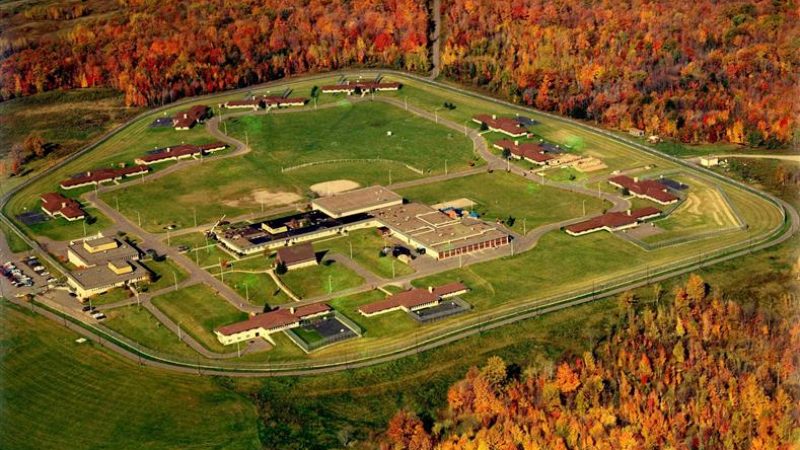A court-ordered monitor says staff at youth lockups in northern Wisconsin are making “every attempt to maintain facility operations as best as possible” during the “challenging” COVID-19 pandemic.
Monitor Teresa Abreu on Monday reported she was “pleased that many key positions have been hired, which in turn should have a positive impact on the daily life of youth and staff” at the Lincoln Hills and Copper Lake Schools.
But she expressed concern about “continuing lack of adequate and meaningful activities and programming for youth which leads to extreme boredom and can result in anti-social behavior.”
“This concern has become more evident with recent operational changes, particularly around the manner in which education is being provided during the pandemic,” Abreu said in her report.
>> WisPolitics is now on the State Affairs network. Get custom keyword notifications, bill tracking and all WisPolitics content. Get the app or access via desktop.
The report comes after Abreu’s eighth visit to the facilities since she was originally assigned to the watchdog role in 2018. That came after the state reached a settlement in a lawsuit brought by the American Civil Liberties Union of Wisconsin and the Juvenile Law Center over the conditions at the troubled youth prisons.
Abreu’s reports have generally shown the facilities have made progress toward reaching the terms of the settlement. Monday’s report indicates Lincoln Hills and Copper Lake are largely in “partial compliance,” including measures limiting punitive solitary confinement, use of handcuffs and other physical restraints and strip searches, among other things.
Abreu also found the facility to be in “substantial compliance” with terms mandating a ban on pepper spray and other chemical agents, which she said have been “completely eliminated.”
Still, the ACLU of Wisconsin in a statement called for the facilities to be shut down and said Abreu’s report amounted to a “startling backslide in progress.”
“The ultimate goal should be to return youth back to their homes, families and communities, not continue to keep them at a facility which clearly does not meet their needs and cannot provide the adequate education and programming they need in order to thrive as they enter adulthood,” senior staff attorney Karyn Rotker said.
The Legislature in 2018 passed bipartisan legislation aimed at shutting down the facilities and replacing them with a three-pronged plan: regional facilities for less serious youth offenders; two “Type 1” facilities for more serious youth offenders; and a revamp of the Mendota Mental Health Institute in Dane County.
But progress on the regional facilities has been slow and proposals for those facilities known as Secure Residential Care Center for Children and Youth came in far over budget. That led lawmakers to roll funding for the “Type 1” facilities, where inmates from Lincoln Hills and Copper Lake would be transferred, into the SRCCCY budget.
Under current law, Lincoln Hills and Copper Lake must be closed by July 1, but DOC Secretary Kevin Carr has expressed “it’s very unlikely” the state will be able to make that deadline.
Sites have been selected for the “Type 1” facilities in Milwaukee and the town of Hortonia in the Fox Valley, but the projects remain unfunded.




